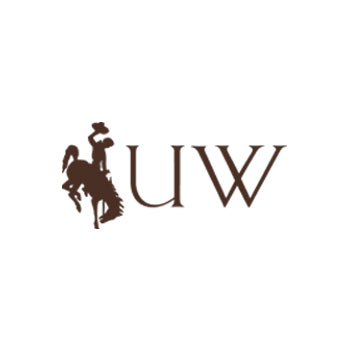Exposure Assessment, Biomarkers & Metabolomics Facility Core, University of Washington

Department of Environmental and Occupational Health Sciences, 4225 Roosevelt Way NE, Suite 100, Seattle, WA 98105
4225 Roosevelt Way Northeast
Seattle
Washington
98105
US
Genomics and proteomics have contributed much to our basic understanding of toxicology, but have not provided all the information necessary to understand mechanisms of toxicity, or diversity in toxicological response to environmental exposures. A promising new technology is that of a metabolomic, which refers to the systematic study of the small-molecule metabolite profiles that result from exogenous stimuli, including exposure to environmental toxicants. The emerging field of metabolomics offers great promise for the development of early biomarkers of toxin exposure.
Center Director(s)
Christopher Simpson
Available to
Anyone
Resource Type
Core Laboratory
Institution
University of Washington
Fluorescent Microsphere Resource Center, University of Washington Division of Pulmonary Care Medicine, 1959 NE Pacific St, Seattle, WA, 98195 0.73 mi
Statistical Consulting Services, Department of Biostatistics, 1959 NE Pacific St., Seattle, WA 98195 0.73 mi
SANTA Department of Pediatrics, UW School of Medicine, 1959 NE Pacific St., Seattle, WA 98195 0.73 mi
Department of Surgery, CVES, 1959 NE Pacific St., Seattle, WA 98195 0.73 mi
UW Medical Center Radiology/Imaging Services, Department of Radiology, 1959 NE Pacific St., Seattle, WA 98195 0.73 mi
(206) 598-6200(206) 598-6200
de Tornyay Center for Healthy Aging, University of Washington School of Nursing, 1959 NE Pacific St., Seattle, WA 98195 0.73 mi
Department of Medicinal Chemistry, HSB I-093, 1959 NE Pacific St., Seattle, WA 98195 0.73 mi
Office of Nursing Research, University of Washington, 1959 NE Pacific St., Seattle, WA 98195 0.73 mi
Pathology Research Services, UW Medicine, 1959 NE Pacific St., Seattle, WA 98195 0.73 mi
Trace Organics Analytical Center, University of Washington, 1959 NE Pacific St., Seattle, WA 98195 0.73 mi
MR Research Laboratory , Radiology Department UWMC, 1959 NE Pacific St, Seattle, WA, United States 0.73 mi
Flow Cytometry Analysis, University of Washington, Flow Cytometry Core Facility, Health Sciences Building H-581, 1959 NE Pacific St, Seattle, WA 98195 0.73 mi
UW School of Nursing, 1959 NE Pacific St., Seattle, WA 98195 0.73 mi
UW Medical Cyclotron Facility, UW Medical Center, 1959 NE Pacific St., Seattle, WA 98195 0.73 mi
Pharmaceutics DNA Sequencing and Gene Analysis Center, Health Sciences Building H260, 1959 NE Pacific St., Seattle , WA 98195 0.73 mi
Center for Experimental Nuclear Physics and Astrophysics, University of Washington, 4311 Mason Place NE, Seattle, WA 98195 0.73 mi
(206) 543-4080(206) 543-4080
Integrated Brain Imaging Center, Department of Radiology UW, 1959 NE Pacific St, Seattle, WA 98195 0.74 mi
(206) 685-0457(206) 685-0457
Environmental Health Laboratory & Trace Organics Analysis Center, UW, 1959 NE Pacific St, Seattle, WA 98195 0.74 mi
Washington Nanofabrication Facility, University of Washington Botanic Gardens, 215 Fluke Hall, 4000 Mason Road, Seattle, WA 98195 0.77 mi
CHDD, University of Washington, Seattle, WA 98195 0.82 mi





